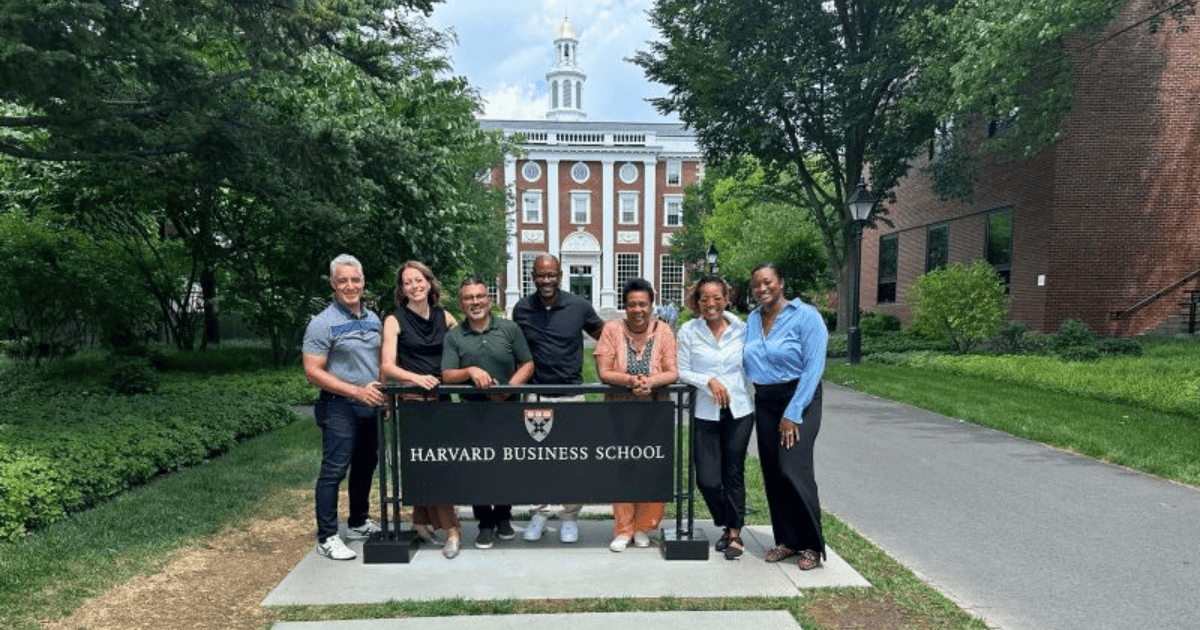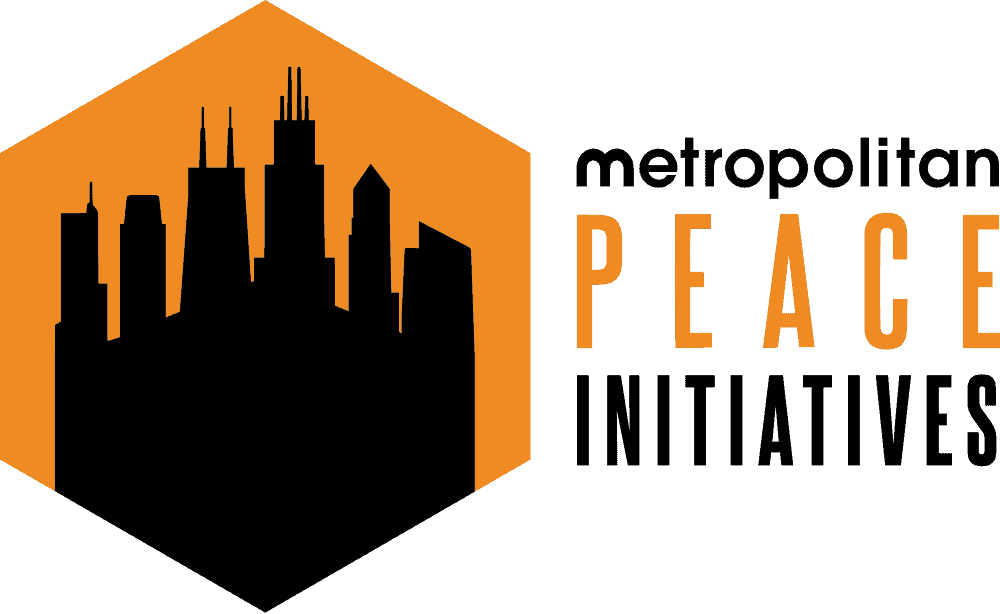‘CVI Saves Lives’: MPI Executive Director Vaughn Bryant Pens Blog for Harvard Business School

In a recent blog post for Harvard Business School’s Social Enterprise Initiative, Metropolitan Peace Initiatives (MPI) Executive Director Vaughn Bryant reflected on his experience attending the Strategic Perspectives in Nonprofit Management (SPNM) Executive Education program. He also detailed the lessons he’s bringing back to MPI to help further its mission of reducing gun violence across Chicago.
“During the program, I connected with other nonprofit leaders grappling with large and complex problems. Through discussions both inside and outside the classroom, I gained a clearer vision of MPI’s mission and a deeper understanding of the importance of effectively communicating our impact,” Bryant wrote.
The SPNM program assists nonprofit leaders in developing “the strategic knowledge, practical tools, and leadership skills [needed] to lead a thriving, high-performance nonprofit.”
Bryant also spoke to the life-saving work of MPI and Communities Partnering 4 Peace (CP4P), a coalition of 15 community-based organizations focused on gun violence prevention across 28 Chicago neighborhoods. Over the last five years, CP4P has helped to prevent at least 383 shootings (fatal and nonfatal), according to Northwestern University’s Center for Neighborhood Engaged Research and Science (CORNERS).
With dedicated services that include street outreach, behavioral health, workforce development, legal aid, and more, the collective has made its mark in keeping Chicago’s streets safe and professionalizing the field of community violence intervention (CVI).
“CVI saves lives, which is something that motivates me every day,” Bryant wrote. “[…] Many of those I work with, including many members of my staff, have had previous involvement with the justice system. It’s a privilege to witness their transformation from the streets to helping keep those same streets safe. Their resilience and commitment are a testament to the power of second chances and the impact of community-driven solutions.”
Read Bryant’s full blog post here.
